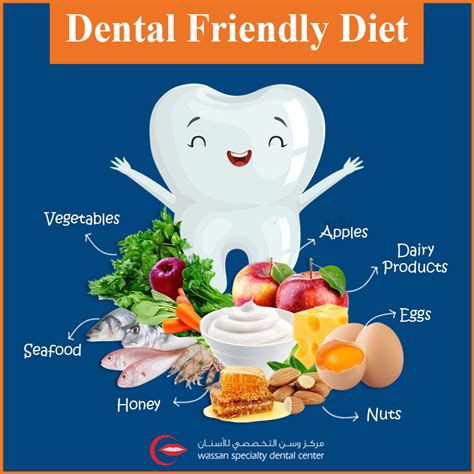Healthy Teeth, Simple Steps: Food After Fluoride Treatment
Maintaining optimal oral hygiene is crucial for a healthy smile, and fluoride plays a vital role in strengthening tooth enamel and preventing cavities. Many people undergo fluoride treatments, either professionally at the dentist's office or through at-home applications. But what can you eat and drink after a fluoride treatment? This is a common question, and understanding the answer is key to maximizing the benefits of fluoride and preventing any potential issues.
What Happens During a Fluoride Treatment?
Before we delve into post-treatment dietary considerations, let's briefly review what fluoride treatments entail. Professional fluoride treatments involve the dentist applying a high-concentration fluoride gel or varnish directly to your teeth. This strengthens the enamel, making it more resistant to acid attacks from sugary and acidic foods and drinks. At-home fluoride treatments, typically in the form of toothpaste or mouthwash, provide a lower concentration of fluoride for daily enamel protection.
What Should You Avoid After a Fluoride Treatment?
The immediate period after a fluoride treatment, especially a professional one, is crucial. To allow the fluoride to fully bond with your enamel and achieve maximum effectiveness, it's best to avoid certain foods and drinks for at least 30 minutes, and preferably longer:
-
Acidic Foods and Drinks: These include citrus fruits (oranges, lemons, grapefruits), tomatoes, sodas, and juices. Acids can interfere with the fluoride's absorption into the enamel.
-
Sugary Foods and Drinks: Sugary items provide fuel for bacteria that contribute to tooth decay. Avoiding them post-treatment allows the fluoride to work optimally without competing with harmful bacteria.
-
Hot Foods and Drinks: Extreme temperatures can affect the adherence of the fluoride to your teeth.
-
Alcohol: Alcohol can dehydrate the mouth, potentially reducing the effectiveness of the fluoride treatment.
What Can You Eat and Drink After a Fluoride Treatment?
After the initial 30-60 minute waiting period, you can generally resume your normal diet. However, it's still advisable to maintain good oral hygiene practices:
-
Water: Water is the best choice for rinsing your mouth after the waiting period.
-
Plain Yogurt: This provides calcium and probiotics that are beneficial for oral health.
-
Milk: Provides calcium, crucial for strong teeth.
-
Soft Foods: Opt for soft foods like mashed potatoes or scrambled eggs that won't dislodge the fluoride.
-
Bland Foods: Stick to bland foods that are low in sugar and acid.
How Long Does the Fluoride Treatment Stay on Your Teeth?
The duration of fluoride's effect depends on the type of treatment. Professional varnish treatments can last for several months, while the effects of gel treatments are shorter-lived. Regular at-home fluoride use through toothpaste and mouthwash provides ongoing protection.
What if I Accidentally Eat or Drink Something I Shouldn't Have?
Don't panic if you accidentally consume something acidic or sugary shortly after a fluoride treatment. While it might slightly reduce the treatment's effectiveness, it's unlikely to negate it entirely. Simply continue with your good oral hygiene routine – brushing, flossing, and using fluoride toothpaste regularly.
How Often Should I Get Fluoride Treatments?
The frequency of professional fluoride treatments depends on your individual needs and risk factors for cavities. Your dentist will advise on the appropriate schedule based on your oral health assessment.
Can I Use Fluoride Toothpaste After a Fluoride Treatment?
Yes! Using fluoride toothpaste regularly is crucial for maintaining healthy teeth, regardless of whether you've had a professional fluoride treatment. It contributes to ongoing enamel strengthening and protection against decay.
By following these simple steps and understanding the nuances of fluoride treatment, you can ensure your teeth receive the maximum benefit, resulting in a healthier and more radiant smile. Remember to always consult your dentist for personalized advice regarding fluoride treatments and oral health.

